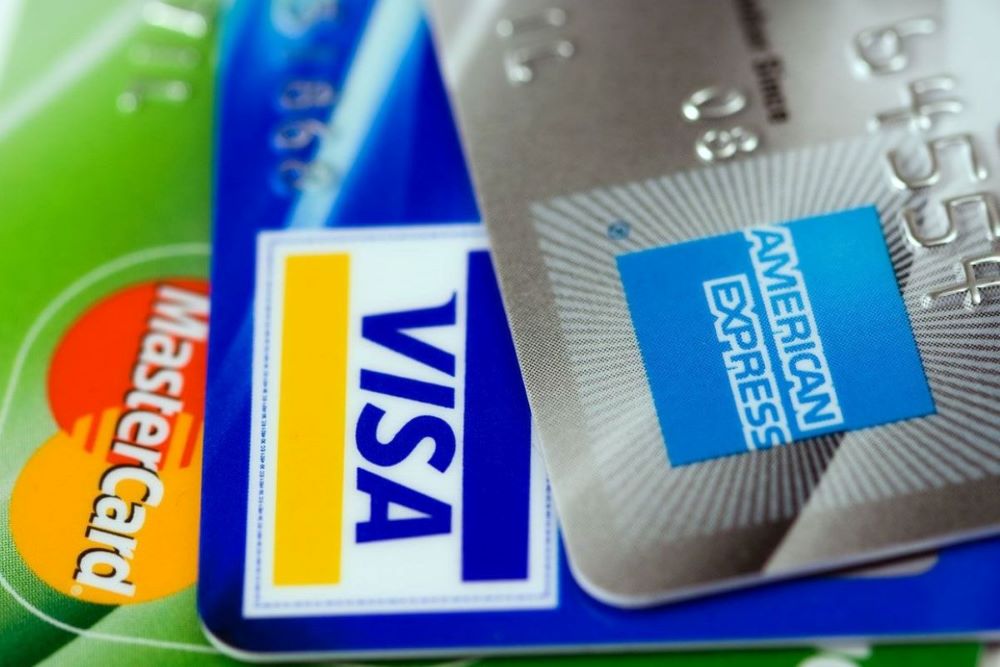Credit Card Fraud Protection: What You Need to Know
Credit fraud, or identity fraud, is becoming increasingly common with every technological advancement. There are two types of credit fraud. One involves someone accessing an existing account of yours and fraudulently using your money or credit card to purchase items for themselves.
The other involves someone opening a new credit card in your name without your knowledge. New account fraud victims are three times as likely to be unaware of the problem for more than a year. Banks are working hard to crack down on new account fraud, but existing account issues can be harder to catch and require your involvement.
Disclosure: This blog may contain affiliate links, which means we may earn a commission if you click a link and make a purchase (at no additional cost). We only recommend products and services we use and trust. We aim to provide valuable, trustworthy resources that enhance and simplify your life. You can read our full privacy policy here.

How Credit Fraud Happens
Credit fraud often happens when large companies’ databases are maliciously hacked. You’ve likely heard about some of these in the news. Target, Home Depot, eBay, and JPMorgan are just a few corporations that have been hacked. The hackers take the credit card information they access and treat themselves to a shopping spree with your money.
New account fraud is trickier since they’ll need information such as your social security number. For example, when hackers access vital information stored in a major insurance company’s database, those hackers could open fraudulent credit card accounts.
According to the Bureau of Justice, victims reported more than $15 billion in financial losses due to identity theft in 2018.
Credit Monitoring
A credit monitoring service can be beneficial in catching credit fraud early. Depending on the service, some may help you solve the problem and get your credit rating back more quickly.
There are many credit monitoring services on the market. Please do your due diligence to be sure they’re what and who they present themselves to be. LifeLock is a popular credit monitoring service with different plans and monthly rates. Consider your credit and banking habits as you review the offerings to choose the one that’s best for your lifestyle.

The FTC recommends “asking one of the three credit reporting bureaus to put a fraud alert on your credit report. Then, they must also tell the other two bureaus to place a fraud alert. An initial fraud alert can make it harder for an identity thief to open more accounts in your name. The alert lasts one year, but you can renew it.” A credit freeze is also a good idea, as it prevents anyone from opening new credit accounts.
Be the First to Know: Sign Up









